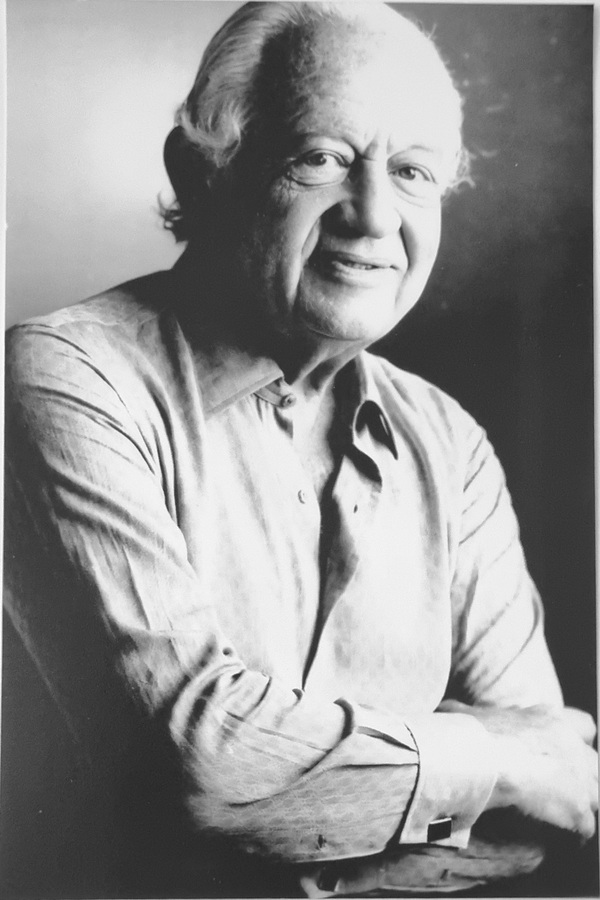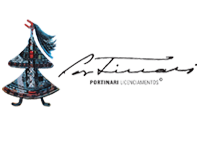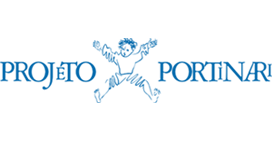General Info
His birth in Batatais in 1902; his baptism; arrival in Rio in 1934; Vera Pacheco Jordão; meeting Portinari in 1940; pasta parties in Portinari's home; his son's portraits by Portinari; Portinari's work for the Batatais Church; Portinari's generosity; Portinari's illustrations for "D.Quixote"; why the "D. Quixote Series" was not used to illustrate the book; his notes to Portinari; Portinari's itellectual friends; Marques Rebelo; the Livraria J. Olympio in the 1930's; the bookstore is a writer's hangout; his help to Graciliano Ramos in prison; Olympio publishes Getúlio Vargas' book in 1938; his political neutrality as far as the cultural arts are concerned ; Aníbal Machado's communism; José Olympio celebrates his 60th birthday; praises Capanema; Portinari was commissioned by the government on account of his talent; the book on Capanema; optimism in relation to Brazil's future; Tancredo Neves; Luís Carlos Prestes; apolitical profile; Rio as cultural hub of the country; rivalry between Rio and São Paulo; desire to found a good publishing house; the creation of his publishing house with his brothers and his wife Vera Pacheco Jordão; a branch in Porto Alegre; Luís Fernando Veríssimo; the Editora Globo in Porto Alegre; Francisco Alves; Monteiro Lobato; Edições Melhoramentos; his concern about the increasing population; the publishing of Portinari's poems; the intimacy between Callado and Portinari; Portinari's indifference towards business; Maria Portinari; Augusto Frederico Schmidt, Portinari commissioned by a group of President Juscelino Kubistchek's friends to paint his portrait; Tereza Nicolao; Enrico Bianco; Leskoschek; Henrique Sérgio Gregori stimulates Editora José Olympio; Raul Bopp and José Jobim bring the soybeam to Brazil; Adalgisa Nery; "Memórias do Cárcere", the book and the film; José Olympio's audacity as an editor; his support to the Brazilian writers of the northeast; Oswald de Andrade's irreverence; controvertial criticism about Portinari in "D.Casmurro", "Revista Acadêmica" and "Diretrizes" magazines; Mário Pedrosa; Portinari's grief over his separation from Maria; the construction of the Ministério da Educação e Saúde/MES building; the revolutionary spirit at the Universidade do Distrito Federal/UDF; Alceu Amoroso Lima; the "integralistas" of the 30's; the Presidents' ghosts-writers; Garrastazú Médici; Portinari and politics.
























































